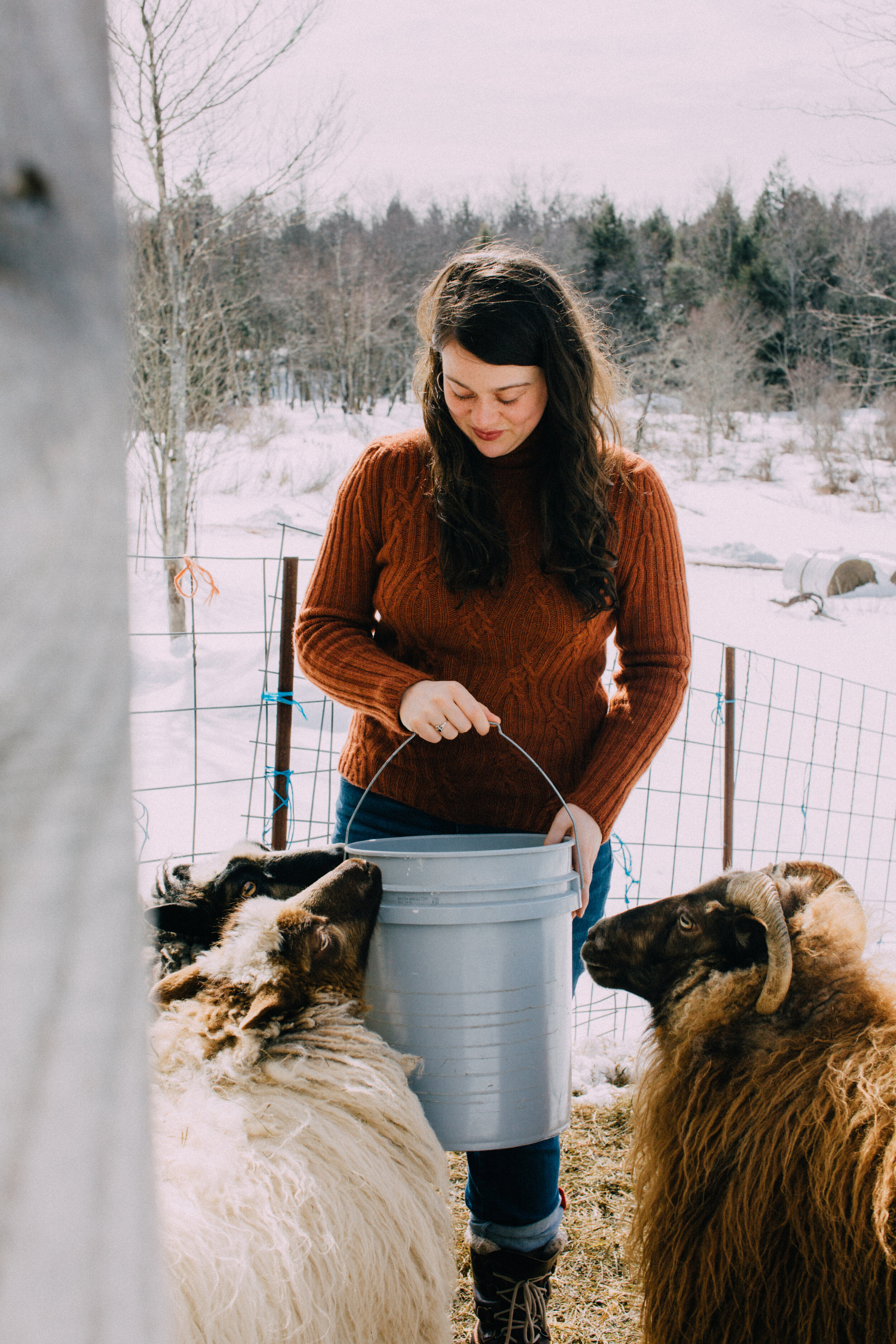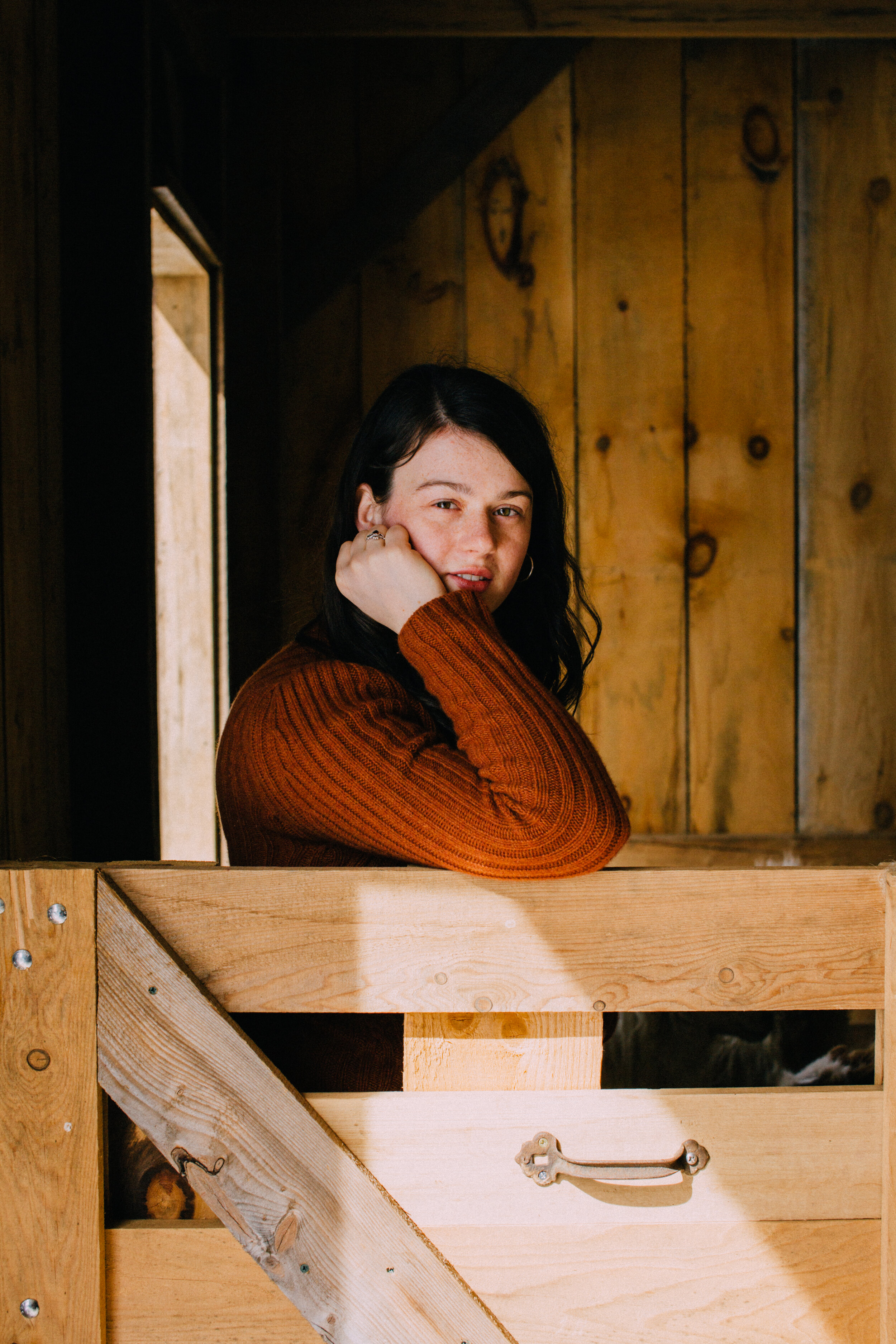World Changers: Iris Fen Gillingham
When Iris Fen Gillingham arrived at college at 16 years old, it was the first time she had a flush toilet. “I grew up off of the electric grid on a farm in the Catskills. I remember my brother asking why we couldn't have snacks in the cabinet and my mom answering, “Well, we have a whole garden outside. Go and pick something.” I got to learn what it means to live consciously with the land and I am so grateful for the perspective I have on the basic skills it takes to live,” she says. “It is something that I think a lot of young people are disconnected from.”
By Alexandria Haechler Photography Moriah Aslan
Up until Gillingham was six, her family ran an organic vegetable farm in Jeffersonville, but within ten years, the area was hit by three historical floods that ultimately decimated their farm. “It completely changed the course of my family’s life,” remembers Gillingham. Soon afterwards, her father started taking her to town meetings over another pressing, local issue: fracking. “I’d be in the room with all of these leaders who were talking about why they were fighting fracking— for their kids and their grandkids— but I would look around and I would be the only kid there. I wanted to see their kids and grandkids there too because this is our future and these discussions are going to impact all of our lives. It prompted me to start speaking out,” she says.
Fast forward to this past December and the now 18 year-old, full-fledged environmental activist helped to deliver over 100,000 signatures to New York state in an effort to ban fracking (as well as waste water and water withdrawals used for fracking) in the Delaware River basin. Gillingham has found her fellow youth activists, too.
A member of Zero Hour, a youth-led climate organization that facilitated a march on Washington, she joined her peers in meeting with over 40 senators in an effort to get them to sign a “no fossil fuels money” pledge, which declared they would stop accepting campaign money from fossil fuel executives, lobbyists, and their front groups. “For me, I’m not intimidated because I feel very supported by the group of young people that I’m surrounded by. As teenagers, we don’t have a decision-making body in the rooms where the decisions are happening so it’s vitally important for us to use our voices,” Gillingham says. “The elected officials might not have all listened to us that day, but we are continuing to fight and we will continue to call for change.”
Recently, Zero Hour introduced Getting to the Roots of Climate Change, a new program which will appoint youth ambassadors who will speak to climate change from an educative perspective, teaching their peers about contributing factors that extend far beyond inclement weather. “Where I come from inspires me,” adds Gillingham. “I want to bring knowledge back that can help my community here to flourish and to survive what is going to be a very turbulent next decade.”





